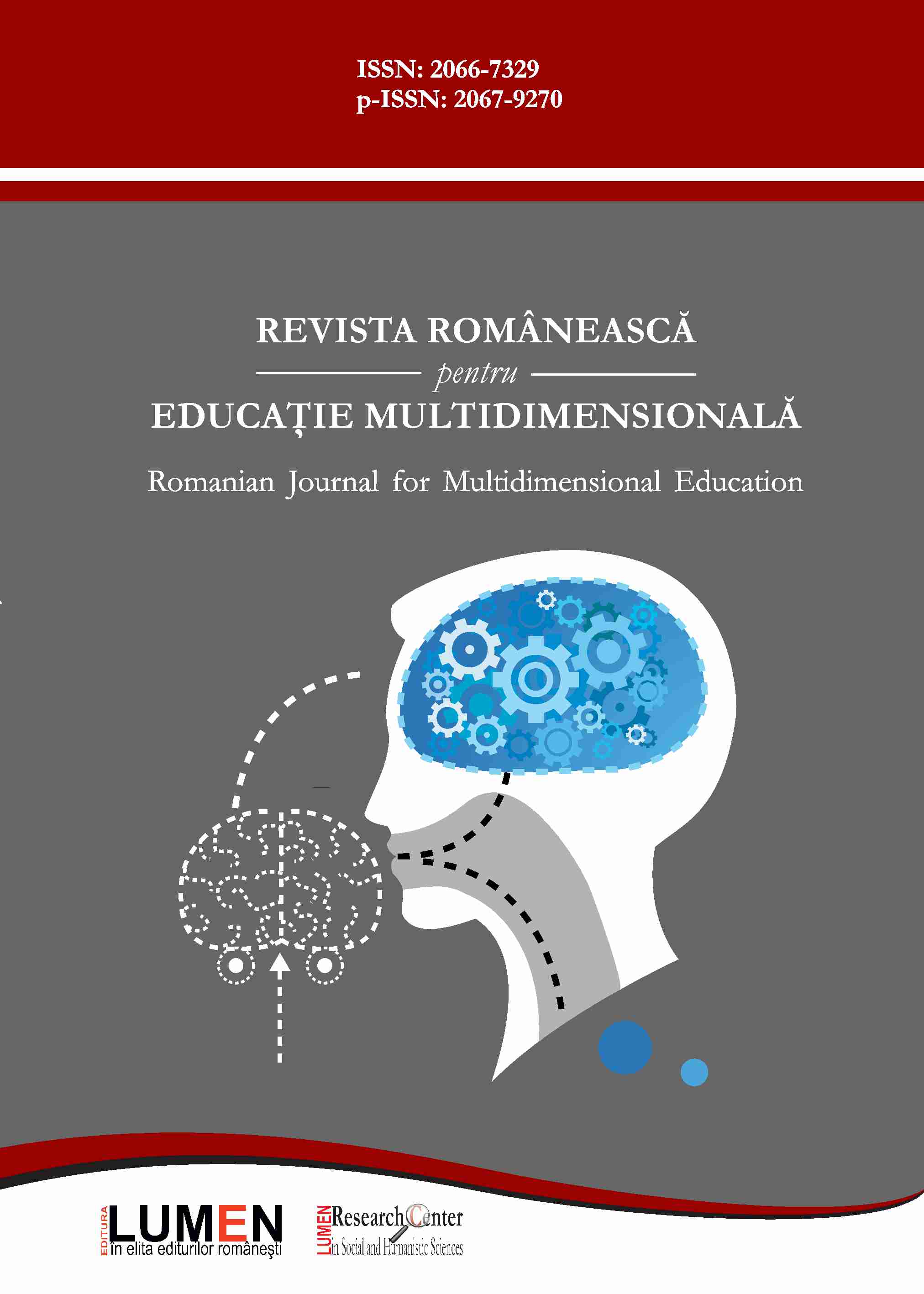The Impact of Feedback on Students’ Autonomous ESP Learning Outcomes
The Impact of Feedback on Students’ Autonomous ESP Learning Outcomes
Author(s): Natalia Yevheniivna Dmitrenko, Iuliia Oleksiivna BudasSubject(s): Social Sciences, Education
Published by: Editura Lumen, Asociatia Lumen
Keywords: autonomous ESP learning; feedback; foreign language proficiency; English for Specific Purposes; educational process; proficiency of professionally oriented English communication;
Summary/Abstract: The present paper provides the results of the feedback influence on students’ autonomous ESP learning. It is aimed to study the impact of feedback on autonomous learning outcomes of first-year students, who are studying a two-year university course of “English for Specific Purposes (ESP)”, the significant part of which is dedicated to self-regulated learning. The aim of the course is to improve the students’ proficiency in professionally oriented English communication to the level of B2 according to the Common European Framework of Reference for Languages (CEFR). The investigation has proved the importance of teachers’ support in students’ autonomous ESP learning. The outcomes of those students who received the feedback regularly signify that even being self-sufficient, students strive for teachers’ or peer observation and feedback in the educational process. In the article, the interdependence between the level of students’ autonomous ESP learning competence and students’ feedback literacy is presented. The results of the study suggest that students’ autonomous ESP learning outcomes are considerably influenced by supportive external written feedback if it is sought, and their feedback literacy level is at least moderate or higher. A higher level of students’ feedback literacy is observed among students with a more advanced level of autonomous ESP learning competence and who demonstrate better academic achievements in professionally oriented English communication. The coherence of the elaborated levels of Ukrainian students’ feedback literacy and the ways of its enhancing can be significant for educators in other countries.
Journal: Revista Românească pentru Educaţie Multidimensională
- Issue Year: XIII/2021
- Issue No: 2
- Page Range: 323-339
- Page Count: 19
- Language: English

